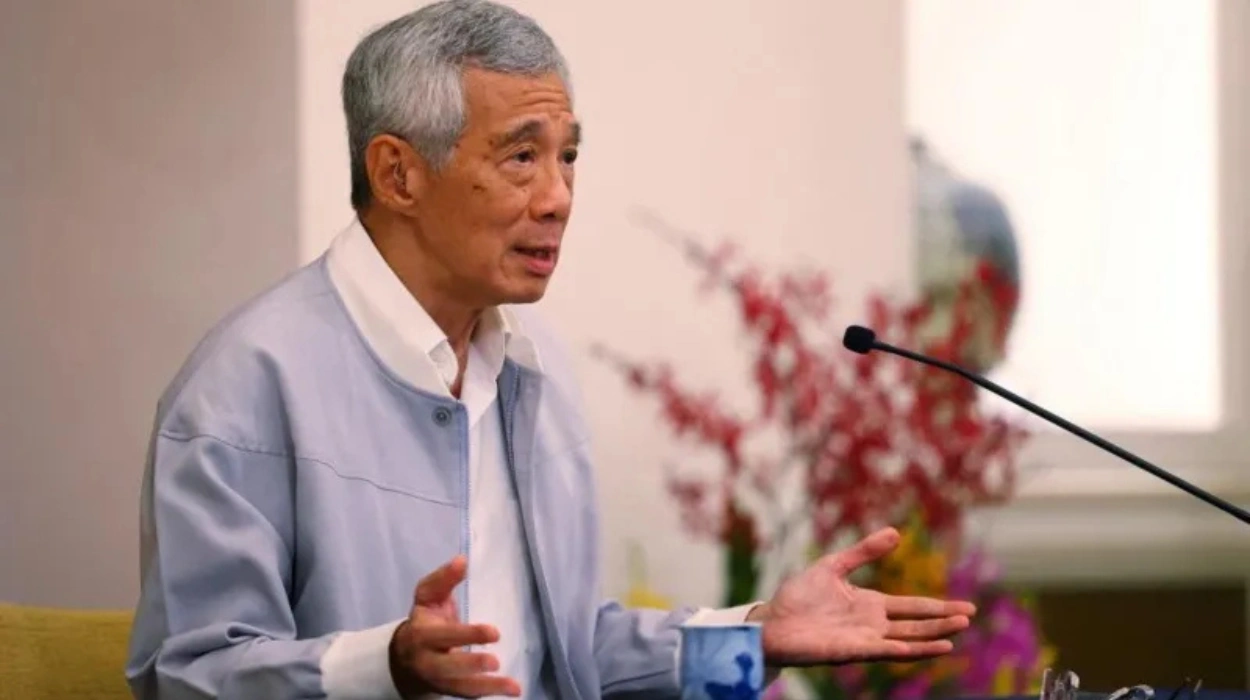Singapore (Transatlantic Today) – Singapore, traditionally known for its political stability, is facing unprecedented upheaval due to a series of rare political scandals. Recently, a senior minister was arrested in a corruption investigation, marking the first such case in 40 years. Additionally, two lawmakers resigned after their extramarital affair was exposed, shocking a population that prides itself on clean governance and high standards among its leaders.
Analysts suggest that these unfolding scandals may weaken support for the ruling People’s Action Party (PAP), which has dominated since 1959. The incidents also cast doubt on Prime Minister Lee Hsien Loong’s plans for a leadership transition. On Monday, Speaker of Parliament Tan Chuan-jin and fellow lawmaker Cheng Li Hui stepped down due to their “inappropriate relationship.” Tan is married, while Cheng is single, adding to the public’s dismay.
Transparency concerns escalated last week when Transport Minister S Iswaran and billionaire hotelier Ong Beng Seng were arrested. Both played vital roles in establishing the Singapore Grand Prix in 2008. Following their arrests, Iswaran was asked to take leave, and Deputy Prime Minister Lawrence Wong assured that the corruption investigation would be “full, thorough, and independent.”
However, authorities only disclosed the arrests three days after they occurred. Currently, both men are out on bail and have not been formally charged. This controversy is compounded by allegations that two senior ministers rented colonial-era bungalows in a high-end neighborhood at below-market rates. Although an anti-graft review cleared K Shanmugam and Vivian Balakrishnan of wrongdoing, it ignited a debate on inequality and political optics in Singapore.
The series of scandals has prompted memes and social media commentary, with users likening the political situation to gossip. Yet, beneath the humor lies a serious challenge to the PAP’s credibility and trust among Singaporeans. The party, which has previously weathered similar storms, now faces increased scrutiny due to the close timing of these events.
Lee defended the PAP’s response, asserting that it shows how the system should operate. He emphasized that “high standards of propriety and personal conduct” are essential to maintaining public trust. However, critics argue that these incidents undermine claims of exceptional governance and raise questions about accountability, oversight, and transparency within the party.
Without robust mechanisms to hold powerful individuals accountable, observers warn that the government risks eroding public trust. Singapore ranks as the fifth-least corrupt nation in Transparency International’s Corruption Perceptions Index, and the government has justified its ministers’ high salaries as a deterrent against corruption. Yet, without public trust, the PAP’s future electoral success may depend on repression or a significant drop in performance legitimacy.
The unfolding events also put Prime Minister Lee’s potential retirement in question. Although he has expressed a desire to step down, with Lawrence Wong as his designated successor, Lee has stated there are no immediate plans for a general election, which is due by November 2025. Wong’s relative silence on the recent scandals raises concerns about the readiness of the next generation of leadership in Singapore.


























